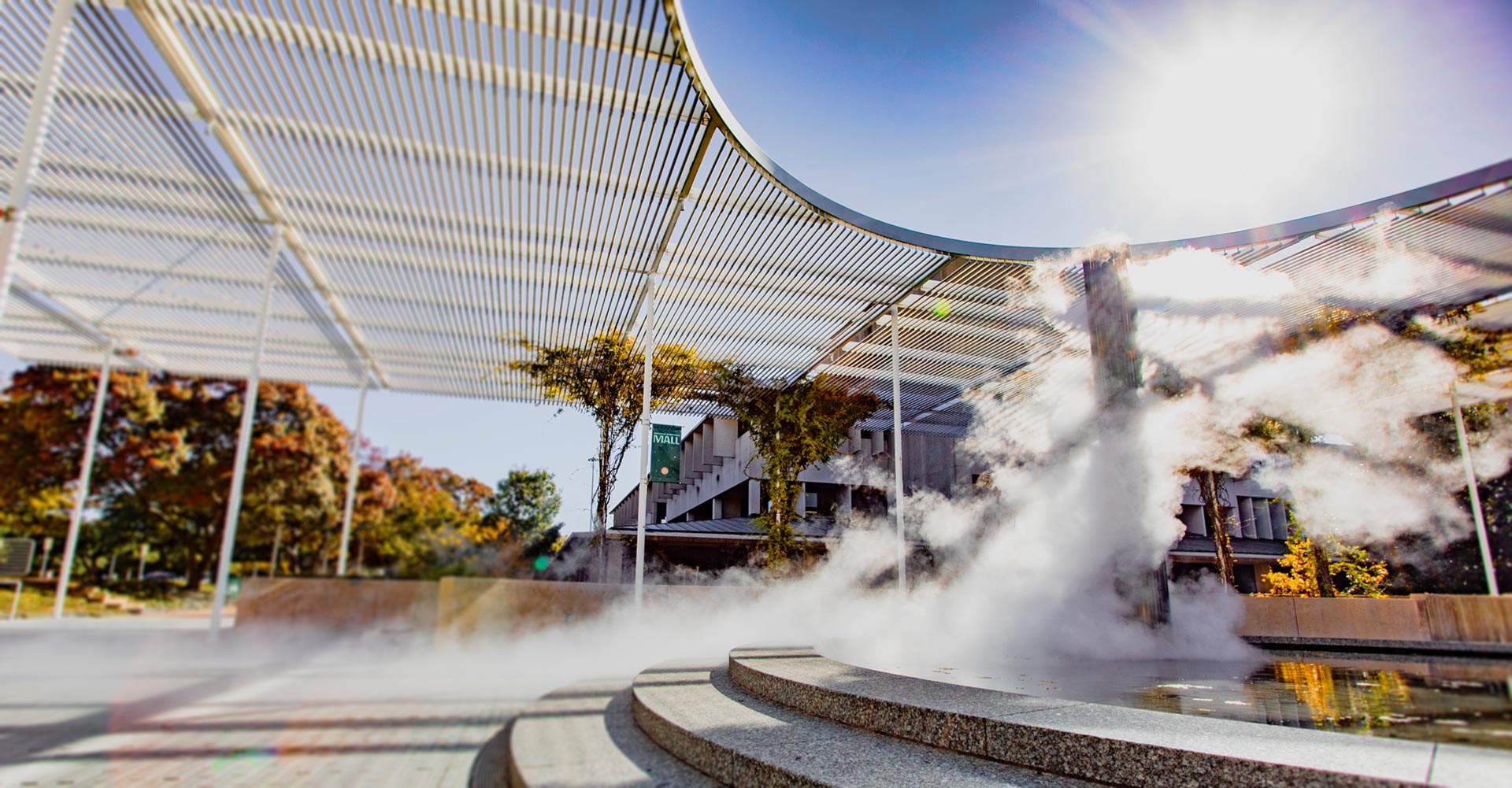
VE/COIL Projects Archive
Virtual Exchange (VE) is an innovative pedagogy that allows professors and students to use technology to engage with their peers at universities around the globe. Also known as COIL or collaborative online international learning, the VE takes place within two or more courses taught by professors in different countries and might span from a few weeks to an entire semester. Using a computer or phone with internet access, students meet and interact through synchronous and asynchronous meetings in which they exchange experiences and ideas and work together in teams to complete projects that are graded by their respective professors. Each month, the Center for Teaching and Learning will share information in a newsletter designed to help you learn about VE as well as find a faculty partner in the country of your choice.
Fall 2024
Professor Jeff Price


Partner: Universidad Anáhuac Puebla
Course: ANGM 6373 – Interactive Environments – Fall 2024
Bass School of Arts, Humanities and Technology
In an innovative cross-border collaboration, students from Universidad Anáhuac Puebla in Mexico and UT Dallas teamed up to bring three iconic historical sites in Puebla to life through virtual reality. Guided by Professor Jeff Price, associate professor of game design and virtual reality, UT Dallas graduate students enrolled in an Interactive Environments course worked alongside English language students in Mexico to create digital twins of the Great Pyramid of Cholula, the world’s largest pyramid by volume. Students also recreated the historic Palafoxiana Library, the oldest and most revered library in the Americas. Lastly, they transformed the vibrant Callejón de los Sapos (Alley of the Frogs), known for its colorful facades, antique shops, and lively market atmosphere. Each site was turned into an awe-inspiring immersive environment, blending history and cutting-edge technology in the metaverse, with a final presentation to showcase their collaborative work.
Dr. Carol Cirulli Lanham
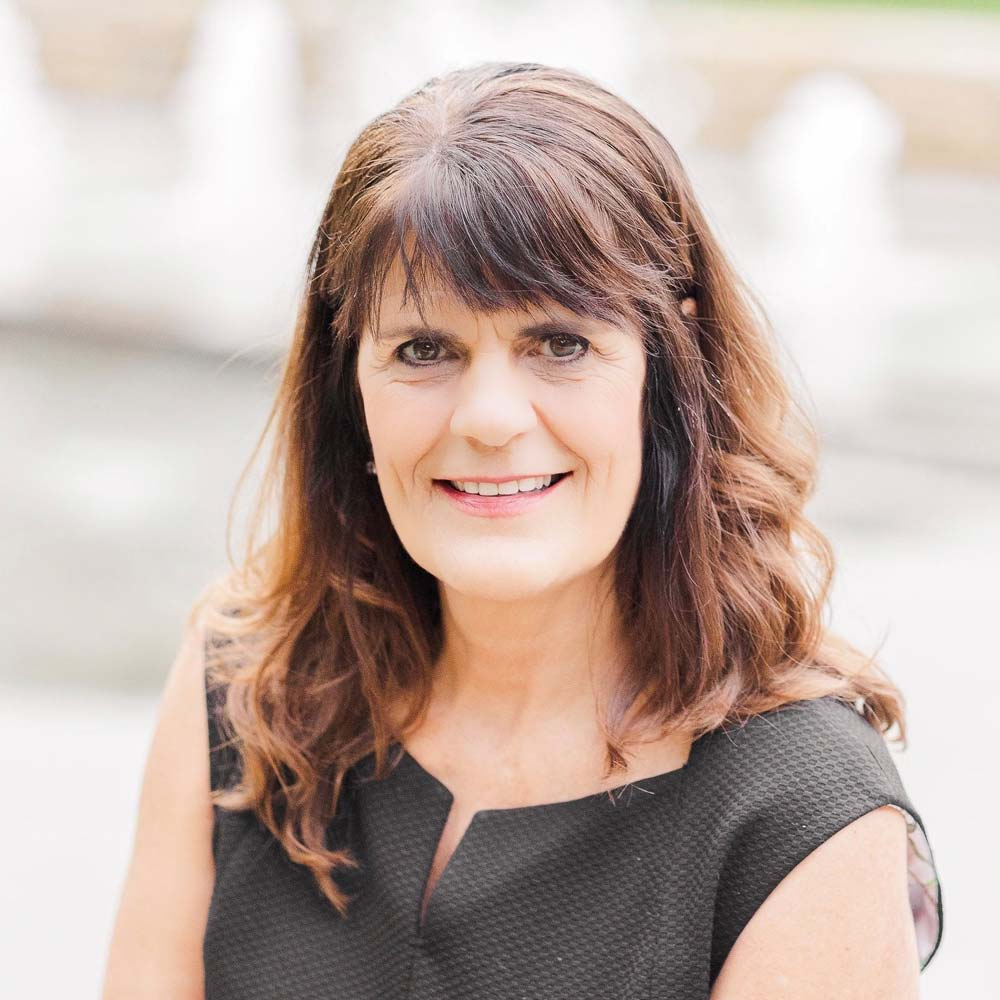

Partner: Sheffield Hallam University, UK,
Course: SOC 3321 – Deviance – Fall 2024
School of Economic, Political and Policy Sciences
Students in Dr. Carol Cirulli Lanham’s Deviant Behavior course at The University of Texas at Dallas are transforming their field observations into an international collaboration with their peers at Sheffield Hallam University in the UK. As a professor of instruction in sociology and associate director of the Center for Teaching and Learning, Lanham is trained in collaborative online international learning (COIL), which connects UT Dallas students with international partners. Her students have teamed up with sociology students at Sheffield Hallam to research deviant behaviors, including smoking/vaping, device use in social settings, behavior in bars, and tattoos and body modifications. Over several weeks, the students are conducting field research and collaborating via virtual meetings, culminating in a final presentation that compares similarities and differences in deviant behaviors across the two countries.
Dr. Irina Panovska


Partner: University of Marburg, Germany
Course: – Contemporary Economic Policy, Fall 2024, Fall 2023
School of Economic, Political and Policy Sciences
UT Dallas and the University of Marburg in Germany already have an established dual degree master’s program in International Political Economy. Up to ten students are admitted each year both in Dallas and Marburg, where they study for one year before traveling abroad for their second year of study.
Now undergraduate students from the two institutions are embarking on a VE/COIL program that will enable them to learn about economic topics together without ever leaving home. Students enrolled in Dr. Irina Panovska’s undergraduate economics course on Contemporary Macroeconomic Policy at UTD and students from Dr. Bernd Hayo’s Macroeconomics II in Marburg will work on a joint project that studies the behavior of unemployment and inflation in G7 countries. The project looks at these important macroeconomic aggregates both from a theoretical and from an empirical perspective. The students will craft a joint presentation of their analysis about how policy and political environments have affected the behavior of unemployment and inflation globally, and they will work on developing macroeconomic projections. They will also learn about each other’s cultures and countries along the way.
Before the start of the project, Dr. Sascha Moells, the dean of the School of Business and Economics at the University of Marburg hosted an in-person meet and greet in Dr. Panovska’s class so that students can learn more about the dual degree and the opportunity to participate in future VE/COIL projects and study abroad projects.
Dr. Muhammad T. Rahman


Partner: National Polytechnic School of Algiers, Algeria
Course: GISC 4384 – Health and Environmental GIS: A Global Perspective – Fall 2024
School of Economic, Political and Policy Sciences
Students in Dr. Muhammad T. Rahman’s Health and Environmental GIS: A Global Perspective class at UT Dallas are collaborating with students from the National Polytechnic School of Algiers, which is located in a region that recorded the hottest day on the planet in 2024. Together, they are using remote sensing and GIS techniques to assess land use and land cover changes, as well as urban land surface temperature conditions, in various Algerian cities. By analyzing land use changes over five-year periods and surface temperature fluctuations using data from NASA’s Earth Explorer, the teams will explore the impacts of climate change on urban environments. The project will culminate in a joint presentation on GIS Day titled “Land Use and Land Cover Changes and their Impacts on the Land Surface Temperature in Algerian Cities” where students will showcase their findings and demonstrate how GIS and remote sensing technology can be applied to real-world environmental challenges.
Dr. John McCaskill


Partner: Universidad Católica de Colombia, Colombia
Course: PA 3322 – Sustainable Communities – Fall 2024
School of Economic, Political and Policy Sciences
In Dr. John McCaskill’s Sustainable Communities course, students are partnering with computer science students from Universidad Católica de Colombia to develop a unique app related to architecture and sustainability. UT Dallas students are acting as users, providing input while their Colombian counterparts are applying their programming skills to create the app. The course explores public policy and environmental justice, covering topics such as climate change, habitat loss, and water security, with a focus on balancing economic, social, and environmental impacts. This cross-border collaboration combines technology and environmental ethics to address critical global challenges, offering students hands-on experience in both app development and sustainable policy design.
Dr. Victor Valcarcel
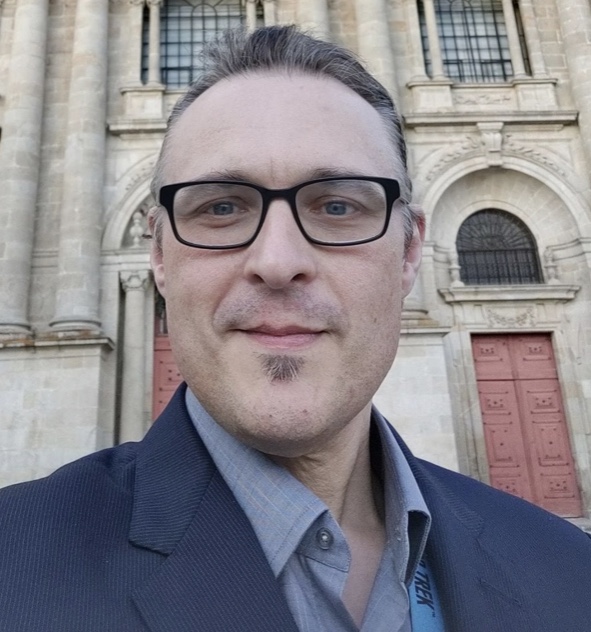
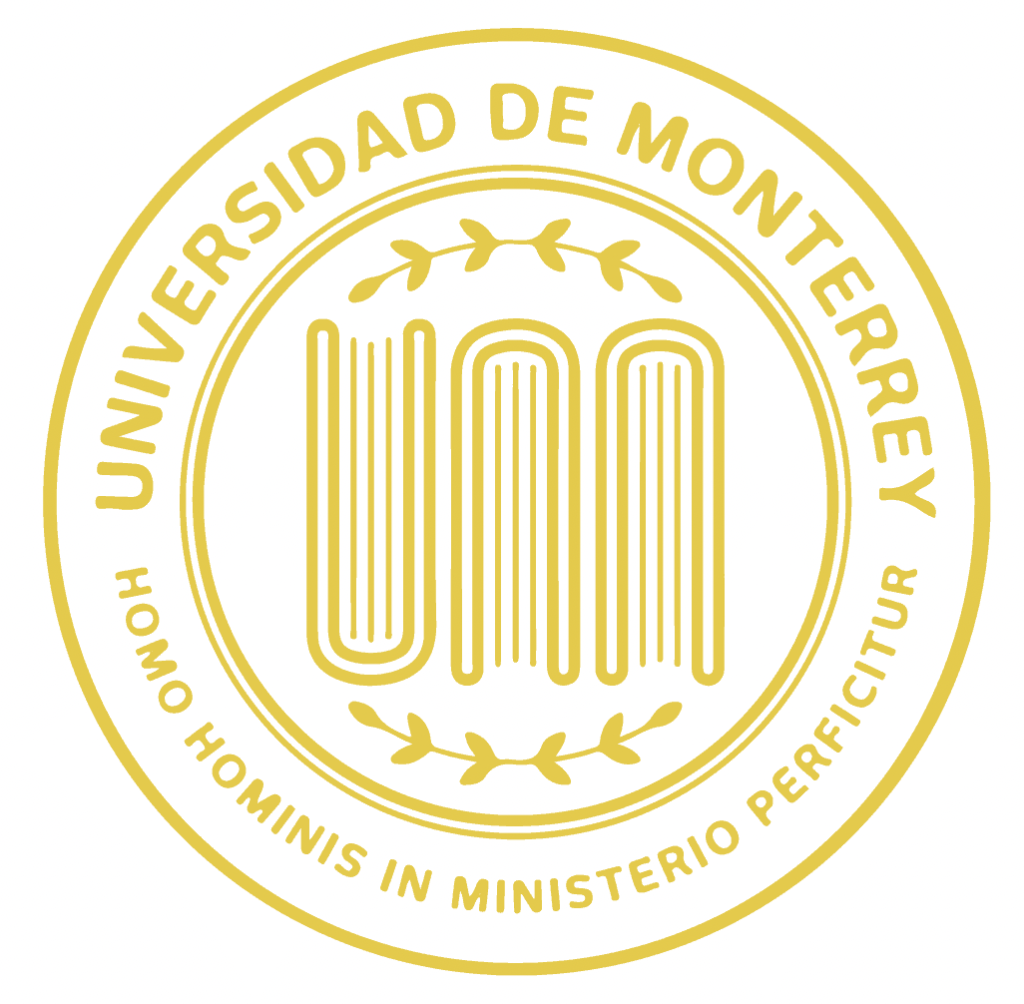
Partner: University of Monterrey (UDEM), Mexico
Course: ECON 3312 – Money and Banking – Fall 2024, Fall 2023 and Fall 2021
School of Economic, Political and Policy Sciences
What better way to learn about money and banking than to participate in a policy debate during a simulated meeting of the Federal Reserve and the Bank of Mexico?
In the collaborative online international learning (COIL) project with the University of Monterrey, UT Dallas students are paring up with students taking the same course in Mexico. A pioneer in collaborative learning at UTD, Dr. Victor Valcarcel, associate professor of economics, developed one of the first COIL projects offered at UTD in response to the Pandemic disruption of 2020. In the last four years, he has continued to work with his faculty partner in Mexico to refine and expand learning objectives and to provide resources for students to work in teams.
Over the course of the Fall 2024 semester, students are taking on the roles of a given member of the central banks they chose to represent and are tasked with analyzing economic data and formulating policy recommendations. During the simulation, each student team will present its findings, predictions, and policy recommendations as if they were actual committee members. The students will then engage in debates, defending their positions and providing insights to the data presented by their peers.
The goal of this simulation is to provide students with a practical and engaging way to apply their economic knowledge, understand the complexities of real-world central bank decision-making and experience the collaborative nature of policy discussions. It also allows them to develop skills in public speaking, critical thinking and teamwork while deepening their understanding of macroeconomics and monetary policy.
Dr. Emily Choi


Partner: Deakin University, Australia
Course: ENTP 4360 – Innovation and Creativity – Fall 2024, Fall 2023
Naveen Jindal School of Management
The ability to interact with colleagues internationally and to build teams with people across different countries, different languages, and different cultures is critical. To provide an experience to hone those skills, Emily Choi, Associate Professor of Instruction, Innovation and Entrepreneurship is partnering with Wade Halvorson, Theme Director, Entrepreneurship & SMEs at Deakin University in Melbourne, Australia
UT Dallas students studying Innovation and Creativity are teaming up with Deakin students enrolled in the unit, Entrepreneurship Experience. For the four-week project, students are navigating a 16-hour time difference while focusing on innovative technology. Along the way, they are connecting on a personal level as well, which is enhancing the success of the program
Dr. Mary Beth Goodrich

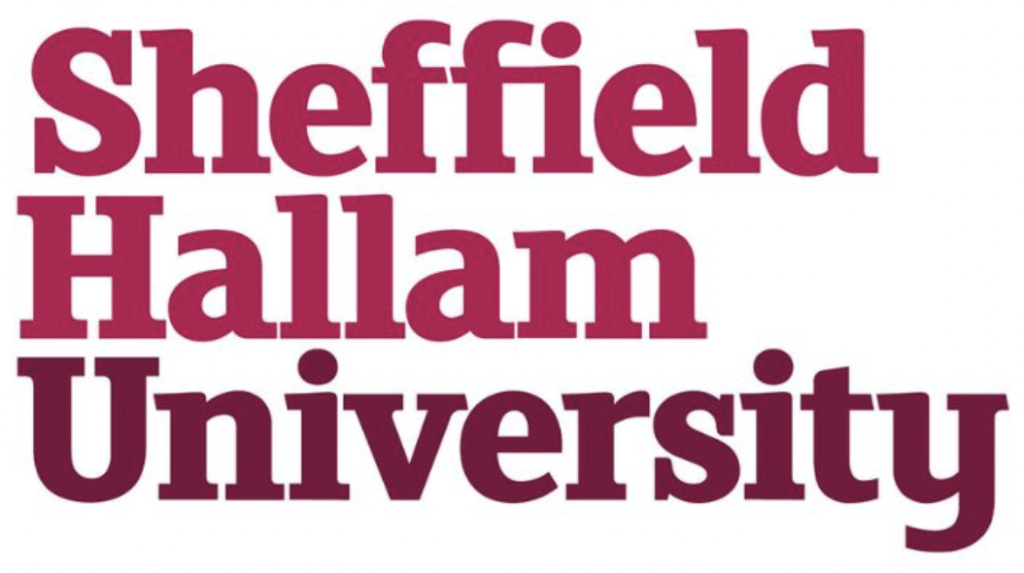
Partner: Sheffield Hallam University, England
Course: BPS 4395.008 – Capstone Senior Project, Fall 2024, Fall 2023, Spring 2024
Naveen Jindal School of Management
Mary Beth Goodrich and her faculty partner Michael Benson at Sheffield Hallam University (SHU) were the recipients of an inaugural Texas International Education Fund COIL Grant in 2023. The two professors collaborated for the first time in Spring 2023, with U.S. graduate students serving as “consultants to the consultants.” That is, UT Dallas students consulted with U.K. students who were already serving as consultants to British companies.
In Fall 2023, they extended the collaboration to an undergraduate course where students engaged in a hands-on consultancy capstone experience with real-life projects sourced from both U.S.- and U.K.-based companies. This similar collaboration occurred in Spring 2024 with Mary Beth and Michael simplifying the collaboration and making the deliverables more clear. In the third undergraduate course collaboration since receiving the grant, Mary Beth is now working with David Jones as the module lead of SHU consultancy as Michael Benson has moved to other responsibilities at SHU. Continuous improvement is allowing the collaboration to have more impact to both UTD and SHU students.
The types of companies working with students from the U.S.- and U.K. include organizations such as Quality Ferments, Dallas Formula Racing, SHU Racing, Tempus Novo, Alder Bar Sheffield, Manta Systems, and Dimple Bhatia, CPA. In the current semester, 47 students from UT Dallas and 30 students from Sheffield Hallam University were divided into teams with four to six students per team. Participants met synchronously at the beginning of the semester to kick off the collaboration and are continuing to meet to brainstorm solutions, research, and produce final project reports and presentations containing recommendations for the clients. UTD and SHU students will have a synchronous celebration at the end of the semester. Students serve as “Pond Partners” to their international student partners, fostering cross-border connections with international counterparts and extending their collaborative reach.
Dr. Maria Hasenhuttl


Partner: University of Marburg
Course: OB 6301 – Organizational Behavior – Fall 2024
Naveen Jindal School of Management
Graduate students enrolled in Dr. Maria Hansenhuttle’s Organizational Behavior course at UT Dallas are collaborating with business students from the University of Marburg in Germany to create a podcast series addressing various aspects of the evolving business environment. Topics include work motivation, decision-making, organizational culture, and more specialized issues such as cultural differences in student life, job market opportunities, Gen Z work ethics, diversity in the workplace, and the impact of technology on work-life balance. With Germany’s free health care, affordable housing, and flexible university programs as a backdrop, students are exploring how these factors influence business practices and management on both sides of the Atlantic. This cross-border collaboration offers fresh perspectives and actionable insights into global business dynamics, giving students practical experience while bridging cultural and organizational gaps.
Dr. Tom Henderson


Partner: Centro Paula Souza (CESU), Brazil
Course: IMS 3310 International Business – Fall 2024, Fall 2023
Naveen Jindal School of Management
Tom Henderson grew up in Brazil, which makes his ongoing collaborations with colleagues at FATEC in Brazil, especially gratifying. Beginning in Fall 2023, students started working together on a market analysis of the dairy industry in both countries, delving into consumer preferences and the positioning of the product in each respective market. The collaboration is continuing in Fall 2024 with a new group of students. As part of the collaboration, they are having weekly synchronous meetings on Teams, where students engage in real-time discussions while gathering around their screens. When not in class, WhatsApp provides a platform for students to share various aspects of their lives, including pictures of their pets, communities, workplace and more. The social dimension is bringing an additional element of engagement to the project.
Professor Victoria McCrady


Partner: University of Monterrey, Mexico
Course: BCOM3300 – Professionalism and Communication in Business – Fall 2024
Naveen Jindal School of Management
Most JSOM students will no doubt work as part of global teams once they graduate and enter the business world. In her Business Communications course, Professor Victoria McCrady ensures her upper-division students gain practical experience in communicating with people from different countries through a Collaborative Online International Learning (COIL) project.
In Fall 2024, McCrady’s students are partnering with business communication students at the University of Monterrey in Mexico. Through this collaboration, students not only learn the course content but also enhance their intercultural communication skills. The project includes virtual student-only meetings that incorporate icebreakers designed to help students get to know each other’s cultures.
Then the student groups (a mix of students from each university) are researching companies that have offices in both the United States and Mexico. For the final presentation, each student group selects one of these companies and proposes an innovation that will help the company improve their services in either the United States or Mexico. These activities offer students insight into how critical cross-cultural communication is as people — and companies — operate internationally.
As students have discovered, Walmart sometimes delivers groceries by drone in North Texas, and HEB offers a wide range of regional delicacies in Monterrey, Mexico.
Dr. Matthew Heins

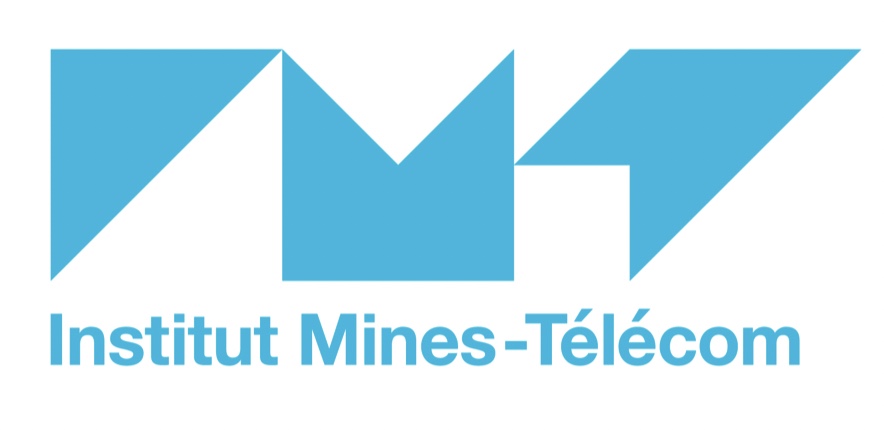
Partner: Institute-Mines Telecom Nord Europe, France
Course: EE 4301 – Electromagnetic Engineering – Fall 2024, Fall 2023, Fall 2022, Fall 2021
Erik Jonsson School of Engineering and Computer Science
Dr. Matthew Heins is an associate professor of instructor in electrical engineering at UT Dallas. IMT Nord Europe, a university in Lille, France, has an apprenticeship/master’s program for students studying engineering. Through collaborative online international learning, students from both institutions create interdisciplinary research posters related to the United Nations Sustainable Development Goals.
Working in teams, students select a specific goal of interest, conduct research on that goal, and explore solutions that utilized their respective knowledge and skills. Topics are focused on global challenges, such as clean energy, gender equality, environmental preservation, and more.
Throughout the collaboration, students engage in discussions and share their ideas and insights related to these goals while receiving feedback from their respective professors.
Heins notes that the international collaboration highlights the potential for multidisciplinary approaches to address global challenges.
Dr. Kathleen Myers


Partner: Universidad Católica de Colombia, Columbia
Course: BMEN 1100: Introduction to Bioengineering
Erik Jonsson School of Engineering and Computer Science
Freshmen students enrolled in Dr. Katie Myers’ Introduction to Bioengineering course at UT Dallas are involved in a unique collaboration with system and computing students from the Catholic University of Colombia. In this cross-border project, UT Dallas students are acting as end users while their Colombian peers develop an Android app designed to support a key task in biomedical engineering such as data analysis, visualization, simulation, or resource management. This partnership blends hands-on bioengineering lab work with real-world programming experience, offering students from both universities an opportunity to apply their knowledge in a global context.
Dr. Larry Overzet
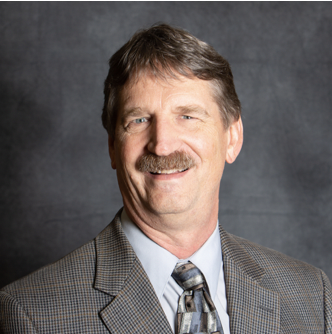

Partner: Ecole Polytechnique de l’Université d’Orléans, France
Course: EE 4391 Technology of Plasma – Fall 2024
Erik Jonsson School of Engineering and Computer Science (ECS)
Students enrolled in Dr. Larry Overzet’s Technology of Plasma course are collaborating with peers from Polytech Orléans in France to explore how plasmas play a crucial role in modern living. Working in small groups, they are investigating the use of plasmas in industries such as semiconductor device manufacturing, energy production, and lighting. As part of this cross-border collaboration, students are comparing how plasmas are used in both France and the USA. This project not only is deepening technical knowledge but also fostering essential skills in intercultural communication, helping students engage effectively with individuals from diverse backgrounds and convey ideas to those whose primary language differed from their own.
Dr. Kate York
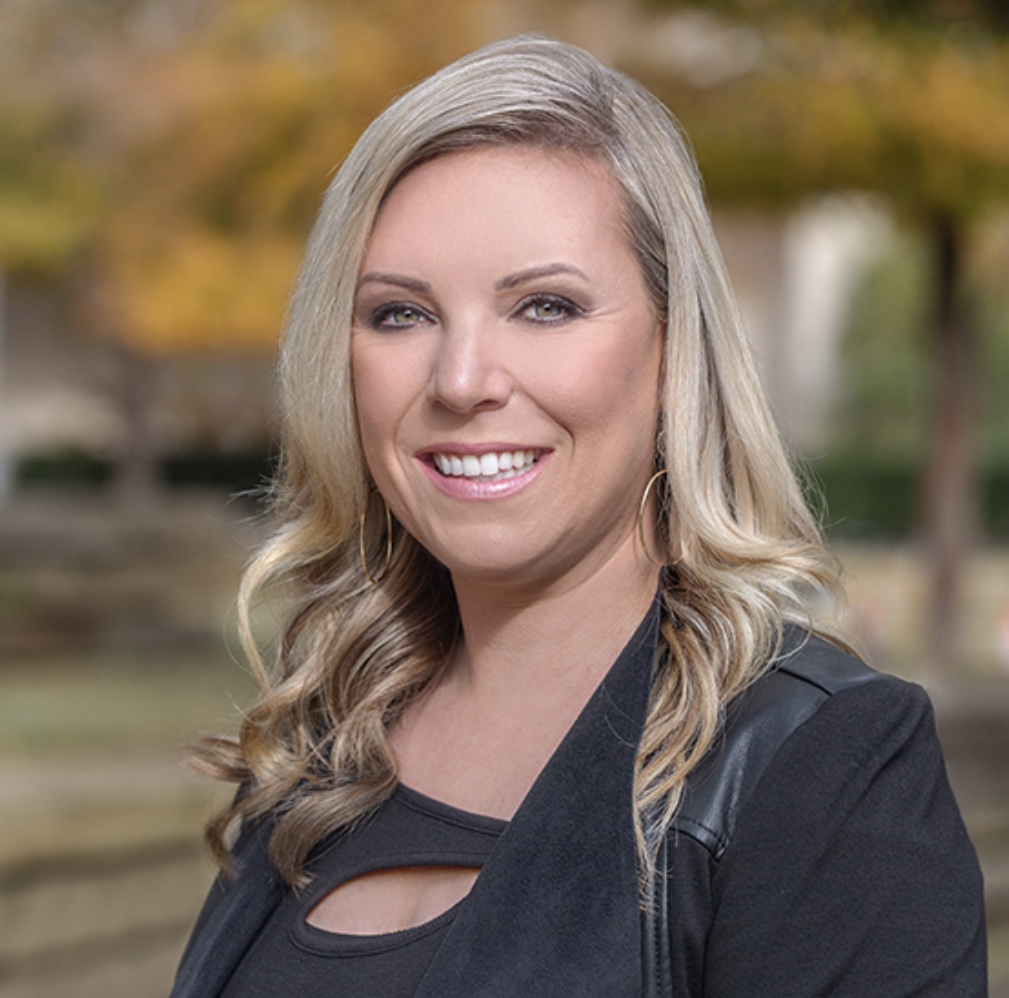



Partners:
Universidad Nacional de Asunción, Paraguay
Colegio Bayard, Argentina
Superior de Formación Docente César Avanza in Bahía Blanca, Argentina
Course: NATS 4341 – Project-Based Instruction – Fall 2024, Fall 2023, Spring 2023, Fall 2022, Fall 2021
School of Natural Sciences and Mathematics
The UTeach Dallas program in the School of Natural Sciences and Mathematics prepares students for math and science teaching careers in the K-12 setting. Knowing that students will be working with diverse populations once they graduate, UT Dallas Master Teacher Dr. Kate York and her colleagues Denise Gregory and Katie Donaldson have been incorporating collaborative online international learning into their curriculum for years. Their current partners are Universidad Nacional de Asunción in Paraguay and Colegio Bayard in Argentina.
Through virtual teaching experiences and joint project activities centered on science, math, English language development, and education systems, students in all three countries gain valuable intercultural perspectives through the VE/COIL. Guided by their professors, students engaged in live teaching sessions, collaborated on projects, and shared reflections, fostering cross-cultural interactions and empathy.
The collaborations aim to bring international experiences into the classroom, especially for those who may not have the opportunity to travel abroad. It also empowers these future teachers to embrace variety in their careers.
Spring 2024
Dr. Carol Cirulli Lanham

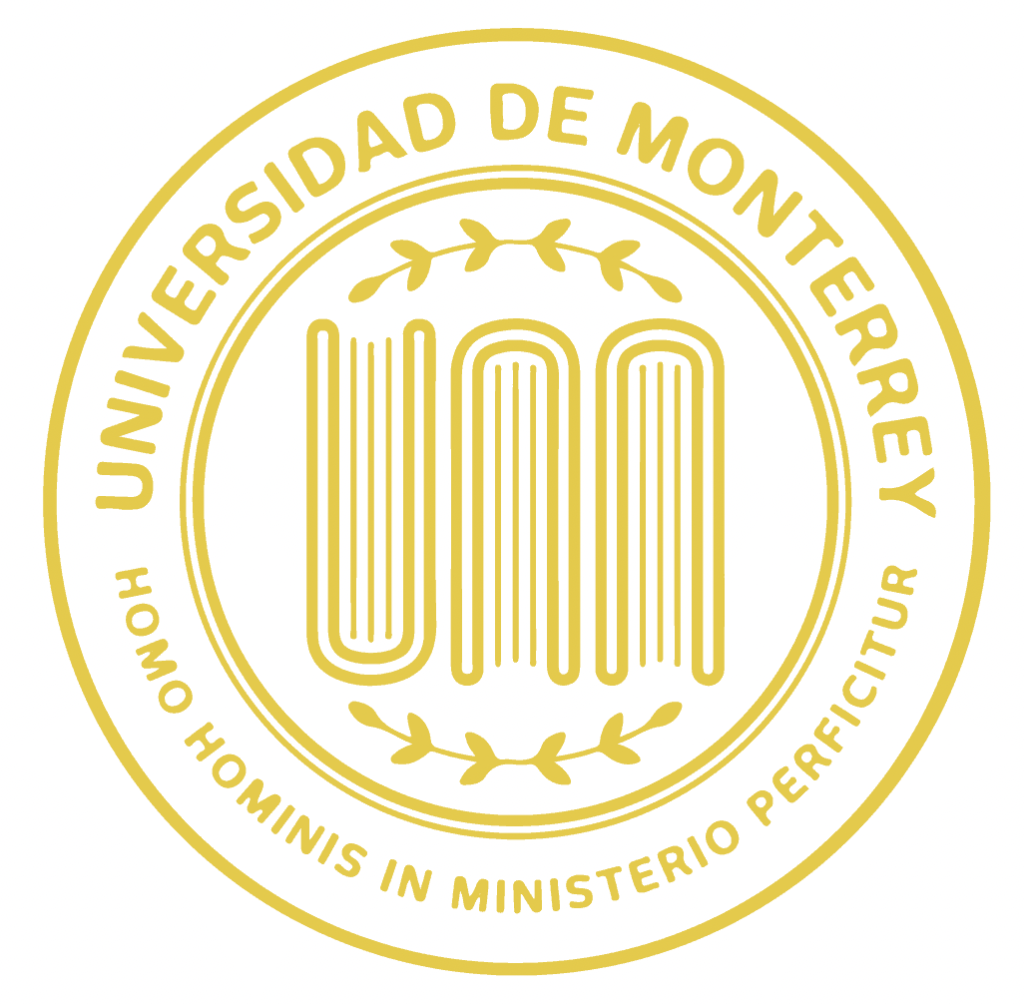
Partner: University of Monterrey, Mexico
Course: SOC 1301 – Introduction to Sociology, Spring 2024
School of Economic, Political and Policy Sciences
The 17 United Nations Sustainable Development Goals are often the topic of VE/COIL projects since they cut across borders. Students enrolled in Lanham’s Introduction to Sociology course were tasked with exploring SDG Number 5 on gender equality in collaboration with students from the University of Monterrey, Mexico. The SDG notes that “providing women and girls with equal access to education, health care, decent work, and representation in political and economic decision-making processes will fuel sustainable economies and benefit societies and humanity at large.”
As part of the assignment, UT Dallas students participated in a Gender 101 workshop offered by the Galerstein Community Center. They then were tasked with considering how the definition of gender has expanded since the SDGs were first drafted in 2015. The result was public awareness campaigns, produced by both the American and Mexican students, that highlighted the many ways that gender equality would benefit the world as a whole.
Dr. Mary Beth Goodrich


Partner: Sheffield Hallam University, England
Course: BPS 4395.008 – Capstone Senior Project in Accounting, Fall 2023, Spring 2024
Naveen Jindal School of Management
Mary Beth Goodrich and her faculty partner Michael Benson at Sheffield Hallam University (SHU) are the recipients of an inaugural Texas International Education Fund COIL Grant. The two professors collaborated for the first time in Spring 2023, with U.S. graduate students serving as “consultants to the consultants.” That is, UT Dallas students consulted with U.K. students who were already serving as consultants to British companies. In Fall 2023, they extended the collaboration to a second course where students engaged in a hands-on consultancy capstone experience with real-life projects sourced from both U.S.- and U.K.-based companies.
They have extended the collaboration to a second course in which students engage in a hands-on consultancy capstone experience with real-life projects sourced from both U.S.- and U.K.-based companies and nonprofits, such as Girl Scouts, Avam-Astu Foundation and Tempus Novo.
Divided into 12 teams with five or six students per team, participants collaborated to produce final project reports and presentations containing recommendations for the clients. Additionally, students serve as “Pond Partners” to their international student partners, fostering cross-border connections with international counterparts and extended their collaborative reach.
Fall 2023
Dr. Chandramallika Basak


Partner: Kansai University, Japan and University of Oslo, Norway
Course: CGS 4386 – Adult Development and Aging, Fall 2023
School of Behavioral and Brain Sciences
Dr. Chandramallika Basak’s multilateral VE/COIL project with faculty in Japan and Norway comes with a seal of approval from the American Association of Colleges and Universities (AAC&U). Basak’s course was selected to be part of the Norwegian Panorama initiative, which seeks to bring together faculty and students from three continents and includes an in-person workshop in Bergan, Norway, sponsored by the AAC&U.
Students in Dr. Basak’s course, Adult Development and Aging, collaborated on a project with students enrolled in a Sociology of Japan course at Kansai University in Japan. In the future, the two partners are expected to collaborate with the University of Oslo and a Biology of Aging course. All three institutions are receiving training in the pedagogy through the 2023 AAC&U Institute on VE/COIL.
UT Dallas is one of seven U.S. universities selected to be part of the initiative, which included a rigorous proposal process and required participation from administrators as well as faculty. Read more about the collaboration.
Dr. John McCaskill




Partners:
- Lucerne University of Applied Sciences and Arts, Switzerland
- SENAI CIMATEC, Brazil
- University of Florida, USA
Course: PA/SOC 3382 – Sustainable Communities, Fall 2023
School of Economic, Political and Policy Sciences
One of the best ways for students to learn about a subject is to focus on real-world applications. In a multilateral VE/COIL between UT Dallas, Lucerne University of Applied Sciences and Arts, SENAI CIMATIC in Brazil and the University of Florida, UT Dallas students studying sustainable communities with Dr. John McCaskill joined forces with Swiss students studying Building Integrated Photo Voltaic (BIPV) as well as students at the other two partner universities.
Together, they worked in teams to analyze different aspects of the four universities’ sustainability plans. Students kicked off their collaboration by hearing presentations from the director of sustainability at UT Dallas as well as the lead architect for the Lucerne campus. UT Dallas students evaluated the social impact of the plans, while their Swiss counterparts assessed the technical and environmental aspects from an engineering perspective.
This collaboration allowed students to get hands-on experience in sustainability on a global scale and work together with their international counterparts to make a positive difference.
Dr. Tom Henderson


Partner: Centro Paula Souza (CESU), Brazil
Course: IMS 3310 International Business
Naveen Jindal School of Management
Tom Henderson grew up in Brazil, which makes his ongoing collaborations with colleagues at Centro Paula Souza, especially gratifying. In Fall 2023, students worked together on a market analysis of the milk industry in both countries, delving into consumer preferences and the positioning of the product in each respective market. As part of the collaboration, they had weekly synchronous meetings on Teams, where students engaged in real-time discussions while gathered around their screens. When not in class, WhatsApp provided a platform for students to share various aspects of their lives, including pictures of their pets, communities, workplace and more. The social dimension brought an additional element of engagement to the project.
Dr. Emily Choi
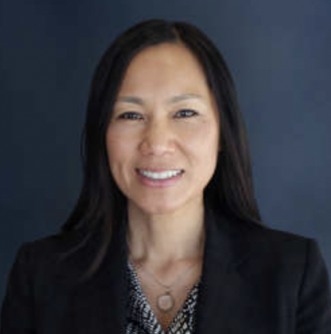

Partner: Deakin University, Australia
Course: ENTP 4360 – Innovation and Creativity
Naveen Jindal School of Management
Most students don’t have experience interacting with colleagues internationally and seeing how to build teams with people across different countries, different languages, and different cultures. To provide that experience, Emily Choi, Academic Program Director for Innovation & Entrepreneurship programs in JSOM, collaborated with Wade Halvorson, Theme Director, Entrepreneurship & SMEs at Deakin University in Melbourne, Australia. UT Dallas students studying Innovation and Creativity teamed up with Deakin students enrolled in the unit, Entrepreneurship Experience. For the four-week project, students successfully navigated a 16-hour time difference while focusing on innovative technology. Along the way, they connected on a personal level as well, which helped ensure the success of the program.
Dr. Larry Overzet


Partner: Ecole Polytechnique de l’Université d’Orléans, France
Course: EE/CE 3310 – Electronic Devices
Erik Jonsson School of Engineering and Computer Science (ECS)
Larry Overzet has been traveling to France each summer for nearly two decades to engage in joint research with colleagues and students in the CNRS Lab (National Research Lab) located on the Polytech Orléans campus. In Fall 2023, his students were able to collaborate virtually thanks to VE/COIL. Working in groups, students from both institutions explored LEDs in modern living. They researched how to manufacture LEDs, how they operate and how they are viewed/used in France and the USA. In the process, they developed skills that improved their ability to engage with people of diverse backgrounds, as well as convey ideas and listen to others whose primary language is different from their own.
Dr. Matthew Heins


Partner: Institute-Mines Telecom Nord Europe, France
Course: EE 4301 – Electromagnetic Engineering – Fall 2023, 2022, 2021
Erik Jonsson School of Engineering and Computer Science
Dr. Matthew Heins is an associate professor of instructor in electrical engineering at UT Dallas. IMT Nord Europe, a university in Lille, France, has an apprenticeship/master’s program for students studying engineering. Through collaborative online international learning, students from both institutions create interdisciplinary research posters related to the United Nations Sustainable Development Goals.
Working in teams, students selected a specific goal of interest, conducted research on that goal, and explored solutions that utilized their respective knowledge and skills. Topics are focused on global challenges, such as clean energy, gender equality, environmental preservation, and more.
Throughout the collaboration, students engage in discussions and share their ideas and insights related to these goals while receiving feedback from their respective professors.
Heins notes that the international collaboration highlights the potential for multidisciplinary approaches to address global challenges.
Dr. Vic Valcarcel


Partner: University of Monterrey (UDEM), Mexico
Course: ECON 3312 – Money and Banking – Fall 2023 and Fall 2021
School of Economic, Political and Policy Sciences
What better way to learn about money and banking than to participate in a policy debate during a simulated meeting of the Federal Reserve and the Bank of Mexico?
In the collaborative online international learning project with the University of Monterrey, UT Dallas students paired up with students taking the same course in Mexico. Dr. Vic Valcarcel, associate professor of economics, worked with his faculty partner in Mexico to develop learning objectives and provide resources for students to work in teams.
Over the course of the semester, students took on the roles of actual members of the central banks and were tasked with analyzing economic data and formulating policy recommendations. During the simulation, each student team presented its findings, predictions and policy recommendations as if they were actual committee members. The students then engaged in debates, defending their positions and providing insights to the data presented by their peers.
The goal of this simulation is to provide students with a practical and engaging way to apply their economic knowledge, understand the complexities of real-world central bank decision-making and experience the collaborative nature of policy discussions. It also allows them to develop skills in public speaking, critical thinking and teamwork while deepening their understanding of macroeconomics and monetary policy.
Dr. Christine Veras

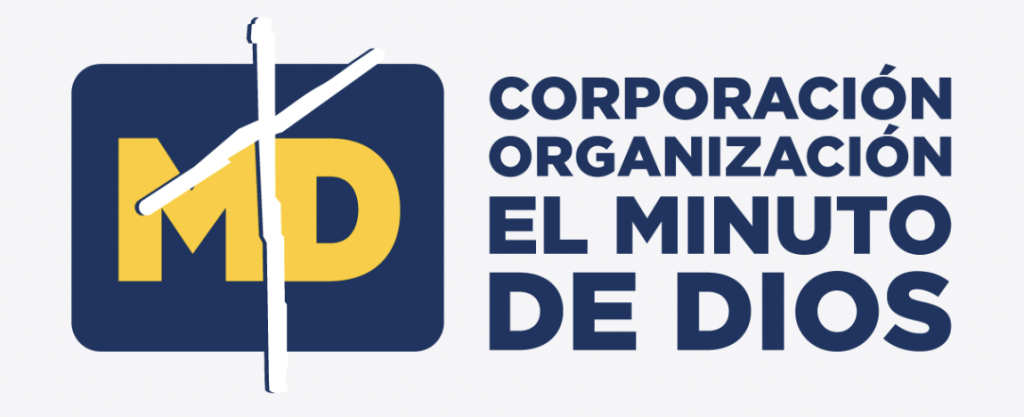
Partner: Universidad de Minuto de Dios (UNIMINUTO), Colombia
Course: ATCM 4319 – Experimental Animation – Fall 2023
Bass School of Arts, Humanities and Technology (BAHT)
One of the marvels of animation is its ability to illustrate complex concepts in a way that makes them easier to understand. That’s why students studying experimental animation with Dr. Christine Veras at UT Dallas paired up for a VE/COIL with students at Universidad de Minuto de Dios (UNIMINUTO) in Colombia who are enrolled in a course on agronomy and environmental engineering.
Together, they utilized animation to explain topics related to biodiversity – photosynthesis and how plants make food, the role of women in agriculture, and the impact of technology on farming. The UNIMINUTO professors along with their students created instructional videos in English to provide brief overviews of the subject and then point the U.S. students to related content online.
This collaboration offers a unique opportunity for students from different backgrounds to learn from each other and contribute valuable insights to their understanding of these important subjects.
See the animations that resulted from the collaboration along with a few slides that will take you the behind the scenes
Dr. Kate York




Partners:
Universidad Nacional de Asunción, Paraguay
Colegio Bayard, Argentina
Superior de Formación Docente César Avanza in Bahía Blanca, Argentina
Course: NATS 4341 – Project-Based Instruction – Fall 2023, Spring 2023, Fall 2022, Fall 2021
School of Natural Sciences and Mathematics
The UTeach Dallas program in the School of Natural Sciences and Mathematics prepares students for math and science teaching careers in the K-12 setting. Knowing that students will be working with diverse populations once they graduate, UT Dallas Master Teacher Dr. Kate York and her colleagues Denise Gregory and Katie Donaldson have been incorporating collaborative online international learning into their curriculum for years. Their newest partners are Universidad Nacional de Asunción in Paraguay and Colegio Bayard in Argentina.
Through virtual teaching experiences and joint project activities centered on science, math, English language development, and education systems, students in all three countries gain valuable intercultural perspectives through the VE/COIL. Guided by their professors, students engaged in live teaching sessions, collaborated on projects, and shared reflections, fostering cross-cultural interactions and empathy.
The collaborations aim to bring international experiences into the classroom, especially for those who may not have the opportunity to travel abroad. It also empowers these future teachers to embrace variety in their careers.
Dr. Irina Panovska


Partner: University of Marburg, Germany
Course: ECON 4386 – Contemporary Economic Policy, Fall 2023
School of Economic, Political and Policy Sciences
UT Dallas and the University of Marburg in Germany already have an established dual degree master’s program in International Political Economy. Up to 10 students are admitted both in Dallas and Marburg each year, where they study for one year before traveling abroad for their second year of study. Now students from the two institutions are embarking on a VE/COIL program that will enable them to learn about economic topics together without ever leaving home.
Since UT Dallas courses start earlier than courses in Marburg, students enrolled in Dr. Irina Panovska’s course are collecting economic data from a set of different countries in the first half of the semester. When their semester begins in October, Marburg students assisted in interpreted and assessed the data. Together, students crafted a joint presentation of their analysis and also learned about each other’s cultures and countries along the way.
Panovska and her faculty partner at the University of Marburg professor, Dr. Bernd Hayo, hosted an in-person meet and greet on the UT Dallas campus during International Education Week in November so that students can learn more about the dual degree and the opportunity to participate in future VE/COIL projects.
Dr. Ben Porter & Dr. Kathleen Myers

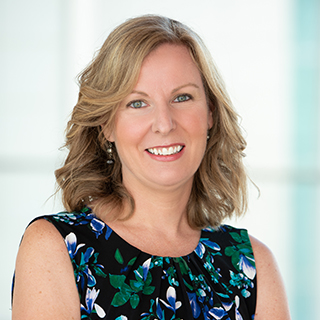

Partner: Sheffield Hallam University, England
Course: BMEN 1100 – Introduction to Bioengineering, Fall 2023
Erik Jonsson School of Engineering and Computer Science (ECS)
In keeping with the UT Dallas strategic goal of engaging globally, professors who teach first-year seminars are increasingly incorporating VE/COIL projects into their curriculum.
First-year bioengineering students enrolled in the freshman seminar with Dr. Porter and Dr. Myers teamed up with social science majors from Sheffield Hallam University in the United Kingdom this semester to explore the implications of artificial intelligence (AI) on society, specifically in health care.
The project builds on the mandatory Comets to the Core project, which is focused on AI in education. In the related VE/COIL, students teamed up with their British partners to explore how AI is used in medicine, such as helping doctors make diagnoses, assisting in surgeries, suggesting personalized treatments and even finding new medicines faster.
They are also looking into the important issue of keeping patients’ private information safe. They then will research the policy responses in the two countries, examining issues like how data is protected and the ethical implications of AI.
Professor Victoria McCrady

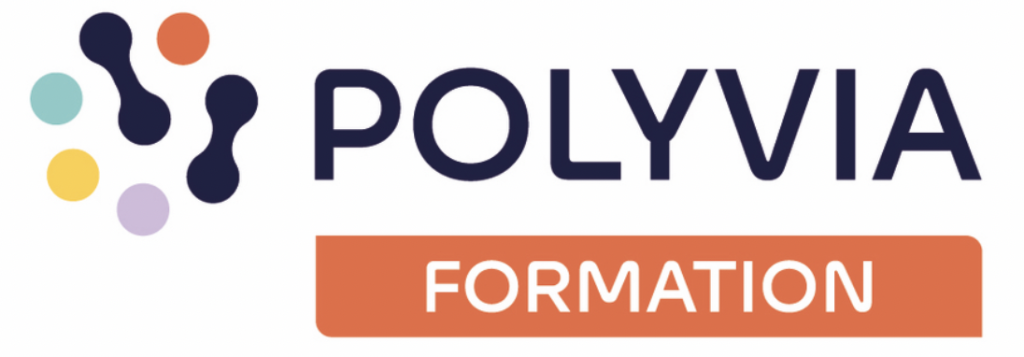
Partner: Polvia Formation, France
Course: JSOM 1300 – Introduction to Professionalism and Communication in Business, Fall, 2023 and Fall 2022
Naveen Jindal School of Management
Most Jindal School students will no doubt work as part of global teams once they graduate and enter the business world. In her introductory course for first-year freshmen, Professor Victoria McCrady makes sure students get some hands-on experience in communicating with people from different countries by offering students the option of participating in a collaborative online international learning project.
McCrady pairs her first-year students with third-year apprentices from Polyvia Formation, a French university specializing in plastics engineering. The main focus of the exchange is improving the English conversational skills of the French students and enhance cross-cultural understanding for both sides. The exchange activities included three virtual meetings, two of which serve as icebreakers to get to know each other’s cultures and discuss various topics.
Since the UT Dallas students had just finished their Comets to the Core project centering on sustainable transportation when they participated in Fall 2022, the final meeting involved discussions and activities centered around sustainable transportation. By comparing cultures and transportation systems in France and the United States, students gained global perspectives on contemporary topics and also learned how to better communicate with people from different cultures.
Summer/Spring 2023
Dr. Carol Cirulli Lanham
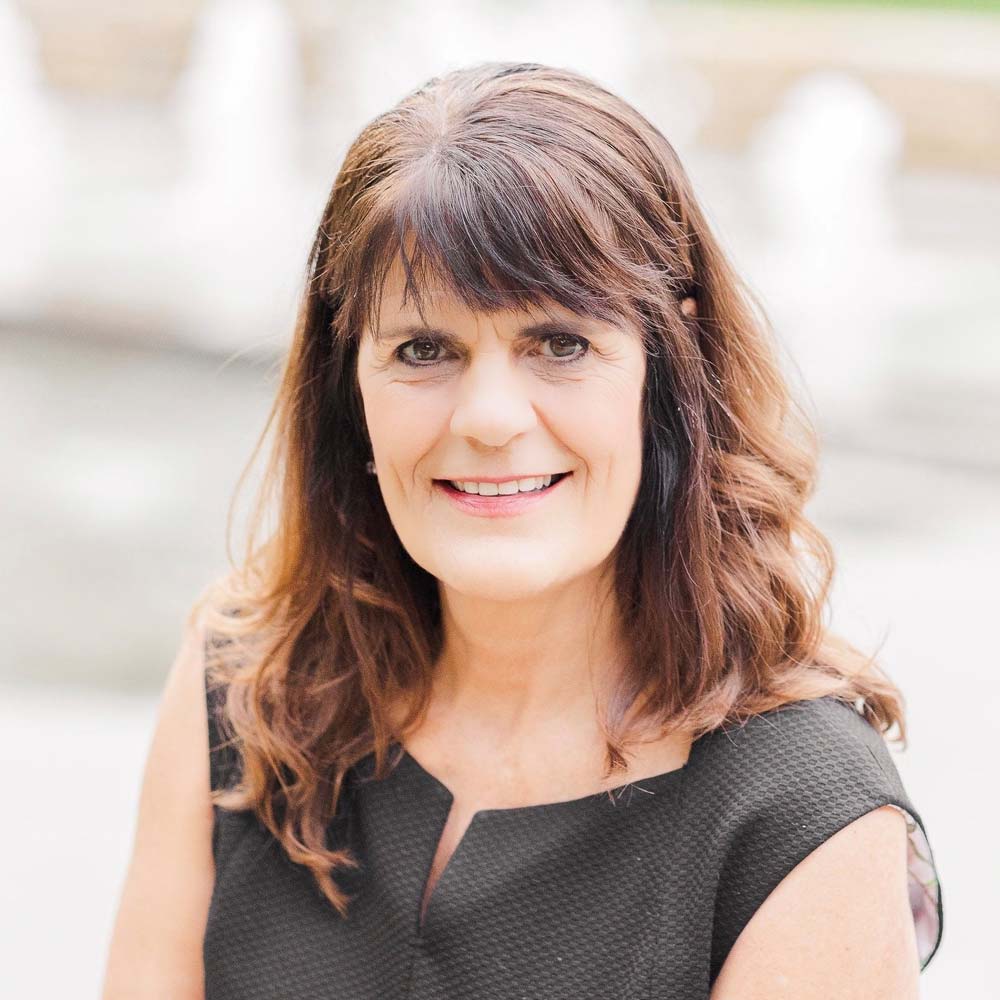

Partner: Gustave Eiffel University, France
Course: SOC 2320 – Contemporary Social Issues, Summer 2023
School of Economic, Political and Policy Sciences
Giving students the opportunity to complete a VE/COIL with counterparts from the host country for a study abroad program is known as COIL Plus or VE on Wings. That’s what students enrolled in Dr. Carol Cirulli Lanham’s French Sociological Perspectives program did before traveling to Paris. Since the first part of the course was offered online, students began their VE/COIL assignment before leaving Dallas.
Working in transnational teams with students from ESIEE, an engineering school that is a founding member of Gustave Eiffel University, they were tasked with developing social media campaigns aimed at informing immigrants from both France and the United States about social issues in their respective countries.
Campaign themes were varied and included everything from challenging stereotypes to exploring the meaning of the French motto, “Liberty, Equality, and Fraternity.” Upon their arrival in Paris, the UT Dallas students traveled to the ESIEE campus where they attended class together and voted on the best campaigns. The visit concluded with a reception that further fostered cross-cultural connections.

Partner: University of Monterrey, Mexico
Course: SOC 1301 – Introduction to Sociology, Spring 2023
The 17 United Nations Sustainable Development Goals are often the topic of VE/COIL projects since they cut across borders. Students enrolled in Lanham’s Introduction to Sociology course were tasked with exploring SDG Number 5 on gender equality in collaboration with students from the University of Mexico. The SDG notes that “providing women and girls with equal access to education, health care, decent work, and representation in political and economic decision-making processes will fuel sustainable economies and benefit societies and humanity at large.”
As part of the assignment, UT Dallas students participated in a Gender 101 workshop offered by the Galerstein Gender Center. They then were tasked with considering how the definition of gender has expanded since the SDGs were first drafted in 2015. The result was public awareness campaigns, produced by both the American and Mexican students, that highlighted the many ways that gender equality would benefit the world as a whole.
Dr. John Casey Gooch
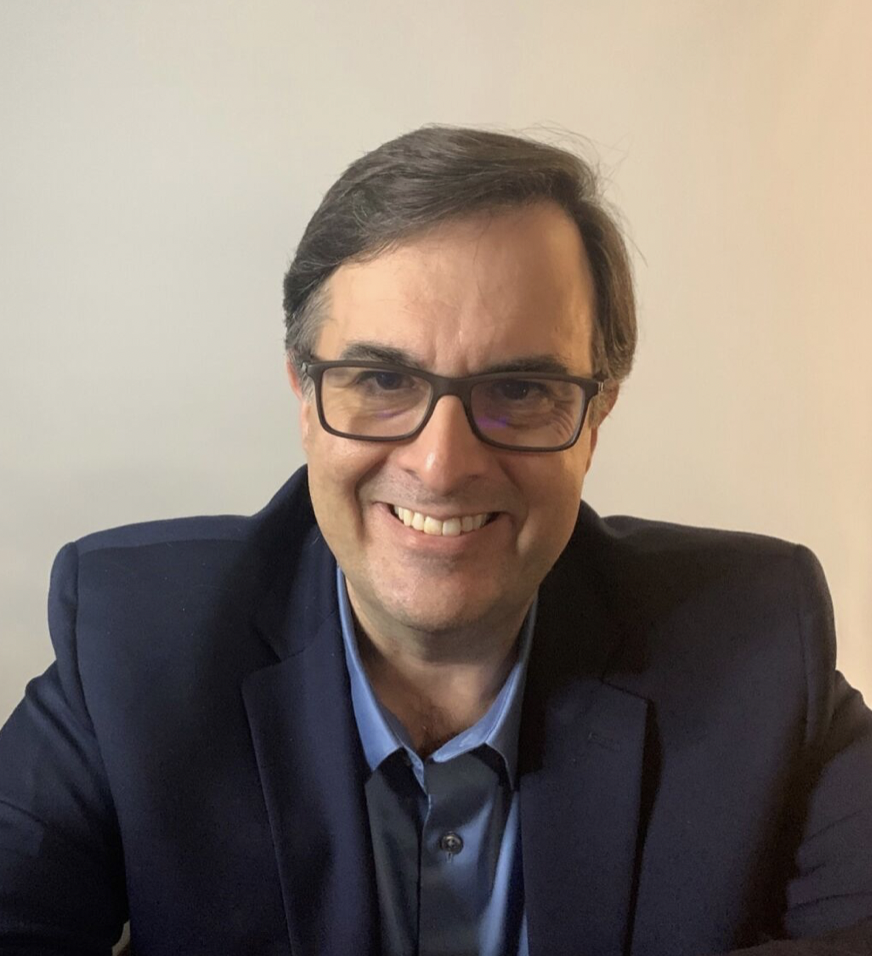
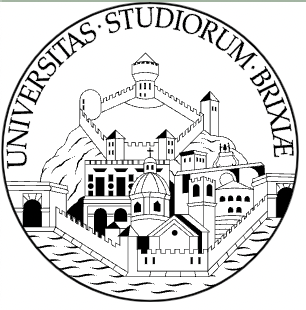
Partners:
University of Brescia
Course: Communication Studies Area
Harry W. Bass, Jr. School of Arts, Humanities, and Technology
During the Spring 2023 semester, UT Dallas students enrolled “Advanced Public Speaking” (COMM 3321) engaged virtually with “Business English” students at the University of Brescia (Italy) who were earning a badge for “Public Speaking.” Both groups of students video recorded their final persuasive speeches and posted those recordings on Padlet so that they could comment upon each other’s speeches. The experience gave both UT Dallas and Brescia students an opportunity to interact and learn from each other related to effective public speaking skills.
Dr. Galen Dickey


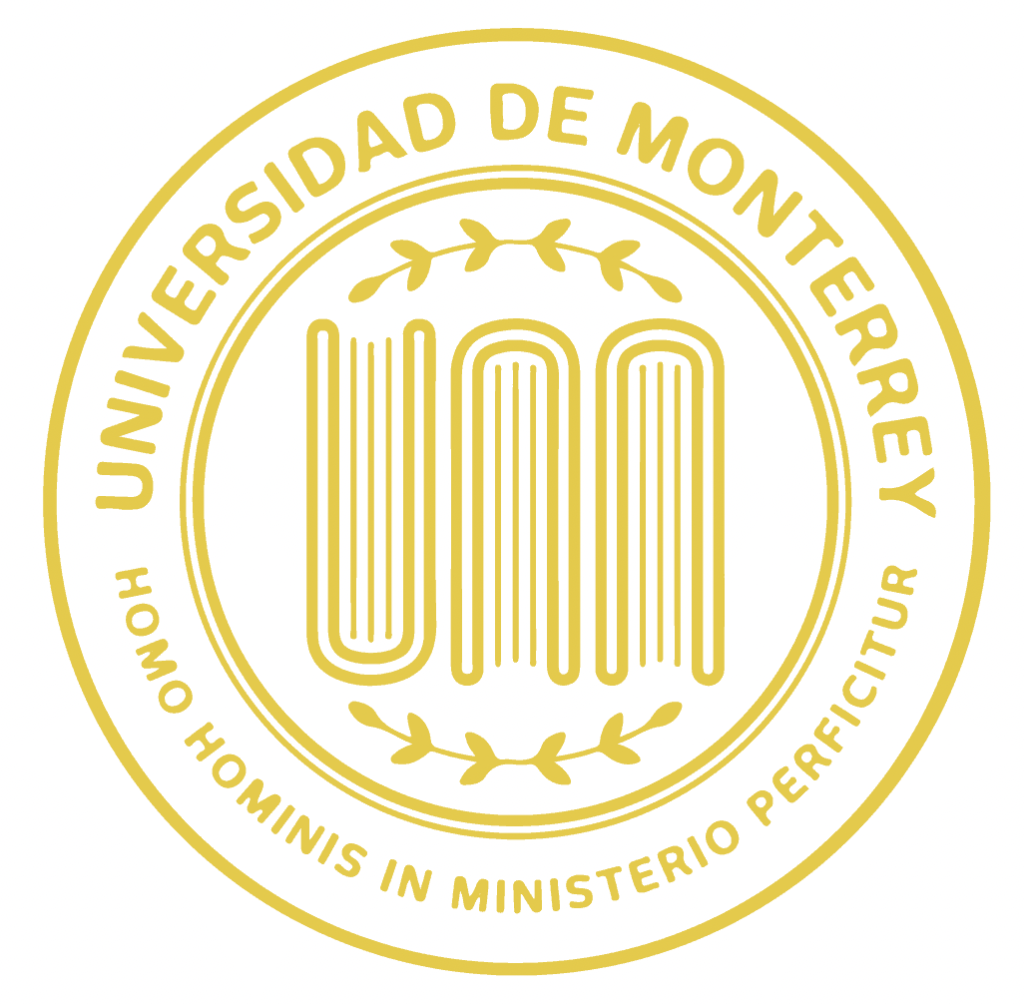
Partners:
Monterrey Tec, Mexico
King’s College, USA
Course: SOC 4369 – Public Health and Society, Spring 2023
School of Economic, Political and Policy Sciences
Students enrolled in Dr. Galen Dickey’s Public Health and Society course conducted field research with students across the nation and across the border.
All three sets of students were tasked with exploring the obesogenic environment around schools in their respective areas. The project was designed to explore the different influences on obesity in low and high socioeconomic status (SES) neighborhoods and their impact on food availability, accessibility, and marketing. Research areas included physical design and transportation systems, land use patterns and food advertising and marketing, food availability outside the school, and food accessibility outside the school.
Through this project, students were able to work collaboratively with peers from different universities and diverse backgrounds, enhancing their cross-cultural competencies and broadening their perspectives.
Dr. Jessi Hanson-DeFusco


Partner: University of Abomey-Calavi (UAC), Benin
Class: PPOL 4396 – Public Policy Theory and Practice – Spring 2023
School of Economic, Political and Policy Sciences
Dr. Jessi Hanson-DeFusco, assistant professor of global health policy, received grant funding from the U.S. Embassy in Benin to carry out a two-semester collaborative online international learning project between students in the United States and the West African country.
Students from both countries were tasked with developing public service campaigns featuring popular American and/or Beninese artists, musicians, cultural figures and other influencers. These campaigns aimed to promote a deeper understanding of the United States’ longstanding support for improving health and prosperity in Benin, as well as habits that lead to healthier and more prosperous lives. The target audiences included youth and young adults who primarily use social media or radio/TV for information, as well as educated urban adults unaware of U.S. initiatives to support Benin’s development.
The project’s goals were twofold: first, to foster intercultural learning opportunities between American and Beninois university students to learn about each other’s countries, and, second, to improve understanding and awareness of U.S.-supported health initiatives using music and cultural expression.
In fall 2022, graduate and undergraduate students collaborated to create over 20 videos (5-10 minutes each) that showcased a “Day in My Life,” providing insights into American students’ daily lives. These videos aimed to give West Africans a better understanding of life in the U.S. as a student.
In spring 2023, undergraduate students dedicated approximately 50 hours to help edit the content, ensuring that nearly all video materials were translated into French and English, facilitating accessibility and comprehension for a broader audience. Faculty members from the university in Benin also traveled to UT Dallas where they hosted a university-wide presentation on the project.
Fall 2022


Partner: LUCA School of Arts, Belgium
Course: ATCM 4319 – Experimental Animation
Dr. Christine Veras
Harry W. Bass Jr. School of Arts, Humanities and Technology (BAHT)
In a cross-continental collaboration, Christine Veras, assistant professor of animation in the Bass School of Arts, Humanities and Technology partnered with Guido Devadder, an experimental animation professor from the LUCA School of Arts in Belgium for a Fall 2022 Virtual Exchange/COIL. Their joint effort resulted in the creation of new variations of phenakistiscopes (an optical toy from the 19th century) animated and adapted to Dome projection. The compilation of the works from students from both sides of the Atlantic became an animation film created as part of the COIL collaboration. The film was selected for screening at the prestigious Dome Festival West, one of the largest of its kind in the United States. The devices were also shown in the Texas Tech Museum in Lubbock, Texas, during the exhibition “Animation as Art: A Multi-sensory Experience.”
Summer 2022

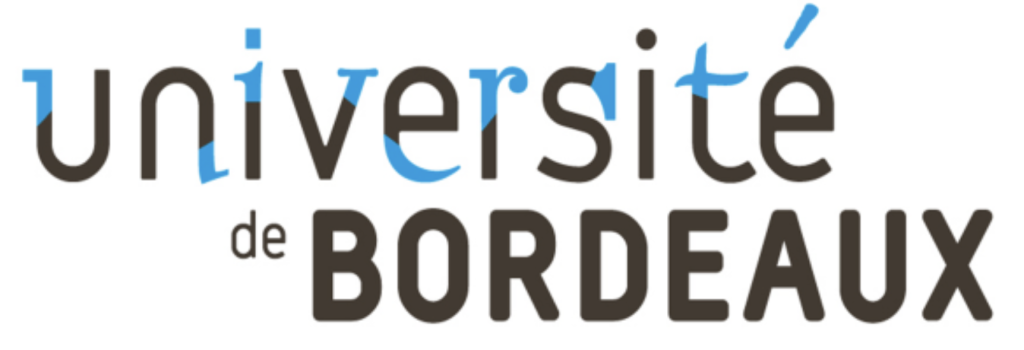
Partner: Toyo University, Japan (Summer 2021)
Kansai International University, Japan (Summer 2022)
Course: COMM 3342—Special Topics in Communication: Japan & Communication
Dr. Carie S. Tucker King
Bass School of Arts, Technology, & Humanities
Students learn more about culture and communication by studying theories, observing individuals, and engaging with members of a culture. However, in 2021 and 2022, students enrolled in Carie S. Tucker King’s summer courses were not able to travel to Japan because of a global pandemic. In lieu of studying abroad, they engaged in 2022 with students at Kansai International University and in 2021 with students at Toyo University to study communication practices in the Japanese culture. Students engaged through media and online meetings with Japanese team members to learn about Japanese culture and consider communication theory through a Japanese lens and collaborated to create presentations to demonstrate intercultural and Japanese communication.
Fall 2021


Partner: University of Bordeaux, France
Course: SOC 3321 – Deviance – Fall 2021
Dr. Carol Cirulli Lanham
School of Economic, Political and Policy Sciences
Students enrolled in Professor of instruction Carol Cirulli Lanham’s Deviance class always complete a field research assignment designed to give them first-hand experience in researching what sociologists term deviant behavior, that is actions that deviate from the social norm. They might be tasked with observing deviant driving or deviant dress on campus. Or in the case of the Fall 2021 course, UT Dallas students went out and observed adherence to COVID restrictions in place at the time. While practicing social distancing of their own, the students observed deviant behavior at places like grocery stores and coffee shops. They noted mask wearing, social distancing and other public health measures. They partnered with students in Bordeaux, France, which was under a COVID lockdown at the time, in a virtual exchange and then compared mask wearing and social distancing behavior in both countries. Among the findings: French people were more likely to comply with public guidelines than people in the United States and young people in both countries were the most likely to flout the rules. You can read more about the project in this feature article in UT Dallas magazine.

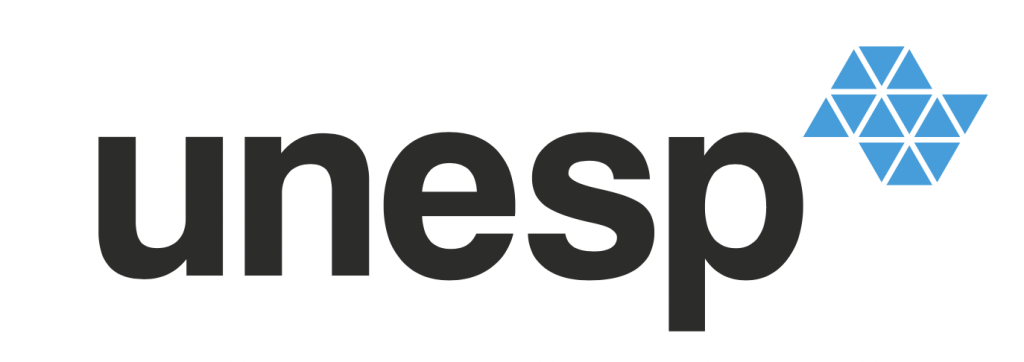
Partner: São Paulo State University (UNESP), Brazil
Course: ATCM 4319 – Experimental Animation – Fall 2021
Dr. Christine Veras
Harry W. Bass Jr. School of Arts, Humanities and Technology (BAHT)
What do you get when you pair U.S. students studying experimental animation with Brazilian students learning about food technology? Animated videos that illustrate the fermentation process to how to make wine using pineapples in a variety of techniques. Those were some of the projects that resulted from the collaboration between Dr. Christine Veras, assistant professor of animation at UT Dallas and Dr. Pricila Veiga dos Santos, faculty member from São Paulo State University (UNESP) in Brazil. Students reported that they found value in overcoming language barriers and learning from each other’s expertise. The collaboration also showcased` the potential for art to connect diverse fields and cultures. Dr. Veras later presented the student work at the Transcultural Exchange art conference in Boston, highlighting the importance of inclusive cultural partnerships.


Partner: University of Bordeaux, France
Course: NSC 4353 – Neuroscience Laboratory Methods – Fall 2021
Dr. Siham Raboune
School of Behavioral and Brain Sciences (BBS)
Siham Raboune remembers how much support she received from her faculty mentors when she was a neuroscience undergraduate student learning to hone her presentation skills. She had the opportunity to present to international audiences in her native Morocco as well as Spain before immigrating to the United States. Now an assistant professor of instruction in neuroscience at UT Dallas, Dr. Raboune welcomed the opportunity to globalize her curriculum and offer her students the same kind of support through a VE/ COIL with neuroscience students from the University of Bordeaux in France. Working in small groups, students from UT Dallas and the French students collaborated in researching neuroscience techniques and then presented their finding to faculty members in both countries Not only did this give them much-needed practice in oral presentation and answering questions about their research, but it also created a foundation for a global network of collaboration.